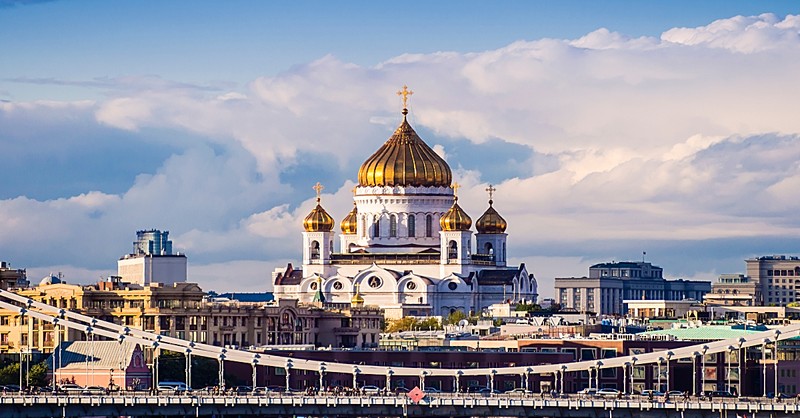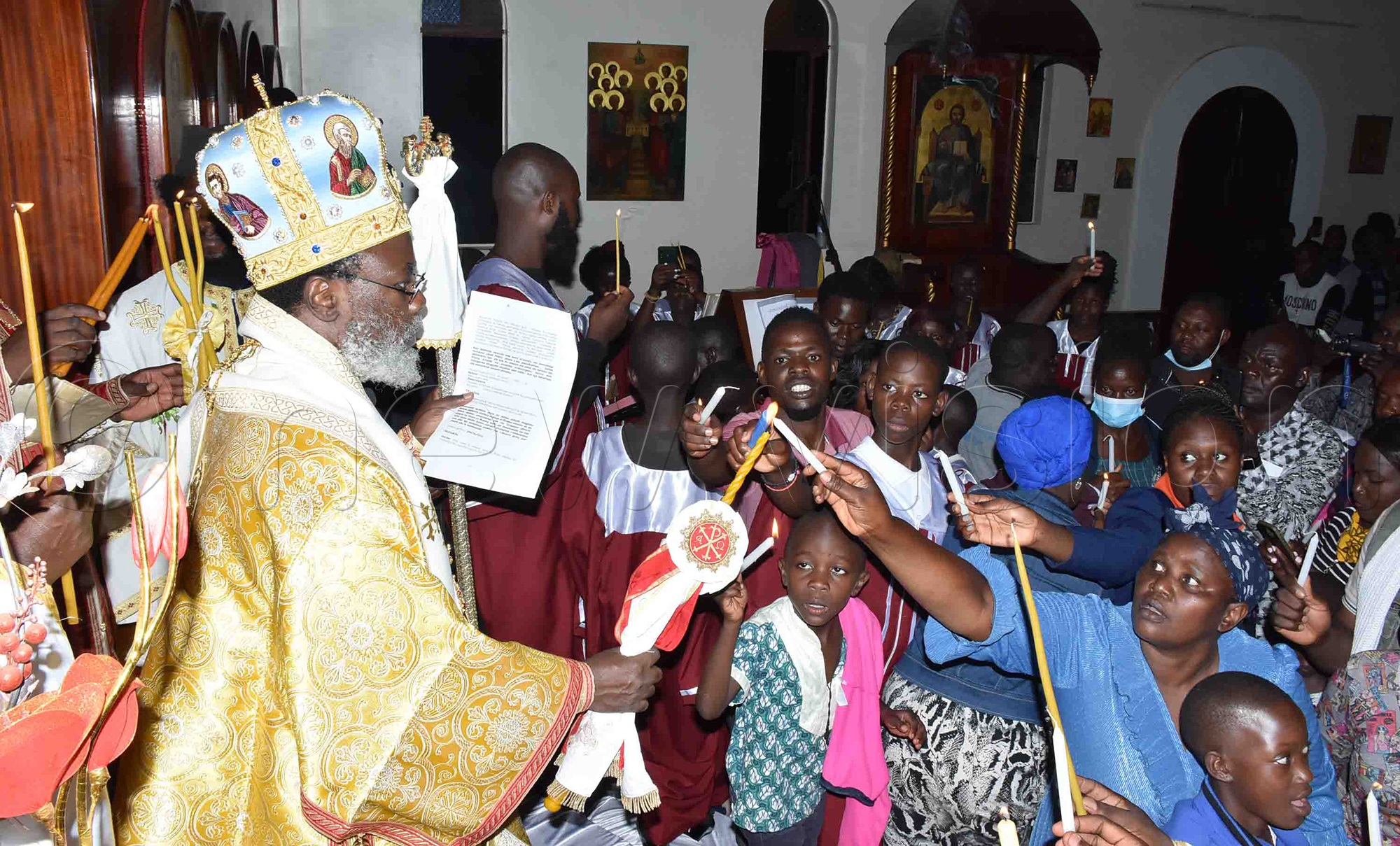I identify as an Israelite from a spiritual perspective due to my Orthodox Christian faith. There is a possibility that my beliefs may have been misguided. My understanding of our doctrine led me to believe that one automatically becomes an Israelite upon accepting Jeshua or Jesus Christ (whom I call Jeshua the Christ) as the Messiah. As I had accepted at least one variant of Jeshua the Christ, I see myself as a Judeo-African, at the bare minimum. However, as I matured, I came to realize that there may have been significant gaps in my understanding of what it truly means to be a Jew as opposed to an Israelite.
I may have overlooked whether there is a disparity between an Israelite and a Jew, as my understanding of both was that they refer to the same people—this belief derived from exploring the Torah and other Semitic texts. To my knowledge, the Jews are the descendants of the man formerly known as Jacob, one of two grandsons of the esteemed Abraham, also known as Father Abraham. Israelites are mostly Israeli inhabitants. The fundamental reason behind my rejection of radical feminism is that it portrays the patriarch as its adversary, which goes against my belief since Abraham and Yahweh are my patriarchs.
The supreme deity, known as Yahweh, holds the highest position of authority. Directly beneath Him is the husband or father, who leads his family and household and is responsible for raising their children within the bounds of marriage, under Yahweh’s domain. Due to this structure, I cannot support the elimination of the patriarch, as the term signifies a father who holds a leadership position in the home. To remove the patriarch or father would be to remove both Yahweh and Father Abraham, ultimately erasing my faith and spiritual identity. My religion and culture are intertwined; one cannot exist without the other.
When the authorities separated Church from State and replaced religion with secularism in every circle, it was a bold attack on my faith. So, there must be a part where I missed something. We know the Israelites rejected Jeshua as the Christ. His followers became an independent Jewish sect known as Christians. Wars were fought, and sides were chosen, but most Israelites decided to play it safe and wait for a Messiah to arrive who did not have so many explanations that did not match all of the prophecies. There is a part of me that agrees with that, which in some way aligns with my religion as an Orthodox Catholic.
While this was going on, the Prophet Muhammad arrived, resurrecting a long-forgotten worship of Allah, who the Israelites believed was a false God. By false God, they meant an idol created by people who called it God. Today, we know Allah is the Muslim rendition of Yahweh. And Brahman is the Hindu rendition. As an Orthodox Catholic, I concur that it’s wiser to avoid confusion by adhering to the traditional interpretation of Yahweh. It’s worth noting that the worship of Allah predates the modifications made by Prophet Muhammad, and the resemblance between Brahman and Yahweh is striking.
However, as Christians, we are strictly forbidden to engage in idolatry. The first commandment explicitly prohibits the worship of any other deities. Thus, while I recognize that Allah and Brahman are different names for Yahweh, I choose to stick with the name Yahweh. That keeps the focus on the Israelites and their beliefs and aligns with my Eastern Orthodox identity, which has roots in Western Asia, Asia Minor, Caucasia, and Eastern Europe, as well as in North America, Western Europe, and Australia, due to missionary conversions. Therefore, from a spiritual perspective, I identify myself as an Israelite.
Ironically, both Jeshua the Christ and the Prophet Muhammad (Middle Eastern men) share a lineage with Abraham (another Middle Eastern man). In light of racism, I see the Arabs, but I don’t see the Israelites. Were they extinct? Increasingly, every day, it seems that the modern Jews and iconic symbols of our faiths (Judaism and Christianity) appear more Western European than Middle Eastern. That’s why I believe I may have missed something. As we trace the genealogy, we see that the practice of polygamy has created a concept of illegitimacy, causing a distinction between children born in and out of wedlock.
For example, despite being Abraham’s son, Ishmael, born to a slave girl, is considered a “bastard,” while Isaac, born to Abraham’s wife, is seen as the rightful heir. However, according to the birthright tradition, Ishmael should have been the heir. Interestingly, Isaac, born second, is viewed as more legitimate than Ishmael, the firstborn, solely based on the circumstances of their birth. Not only were the circumstances of Ishmael and Isaac’s births significant, but also the wombs that bore them. While Abraham is considered the grandfather of the Israelites, the question remains: was he indeed an Israelite or a Jew?
We have evidence of Abraham enslaving people, such as Hagar, the Egyptian woman who gave birth to Ishmael. That raises the question of Abraham’s nationality and lineage. If we accept that he originated from southern Mesopotamia, does that mean the Israelites are connected to Babylon and Iraq? It suggests that an ancient Iraqi man migrated to Canaan, and his descendants eventually became the Israelites. Acknowledging the matriarchs’ influential role in this narrative is essential. Sarah, Abraham’s wife, was also of Iraqi descent, as she was either his half-sister or niece. A third woman named Keturah is mentioned as a consort of Abraham. There are theories that she and Hagar may be the same person.
The racism, even back then, further complicated the issue of legitimacy and who should rightfully inherit Abraham’s legacy. His children came from at least two mothers: Sarah, also of southern Mesopotamian descent, and Hagar, the Egyptian, possibly black. If we dare to speculate, Hagar may have been a black woman, given her Egyptian origins. If Hagar and Keturah are indeed the same person, then it is likely that the latter was also of African descent. That is significant because Abraham’s decision not to make Ishmael his heir went against the traditional birthright customs. The excuse given was matrimony.
Abraham, our patriarch, was known to engage in passionate intimacy. Imagine Ishmael, his firstborn, born of a union between different races. To appease Sarah and legitimize his second son, Isaac, Abraham sent away Hagar and Ishmael. After Sarah’s passing, a mysterious woman named Keturah arrived, and there were rumors that she may have been Hagar returning to Abraham. If Keturah had indeed been Hagar, she, too, could have been of African descent. However, we choose to err on the side of caution and believe that Keturah and Hagar were two distinct women, neither of whom belonged to the black race.
Keturah bore Abraham six sons—Zimran, Jokshan, Medan, Midian, Ishbak, and Shuah. These sons do not play a significant role in the story of God reconciling with humankind. Keturah and Abraham also had seven grandsons—Sheba, Dedan, Ephah, Epher, Hanoch, Abida, and Eldaah, who, being a wealthy man, he dispatched with gifts. Each Hagar and Keturah’s sons and Keturah’s grandsons became patriarchs of Arab tribes alongside the twelve sons of Jacob. Some may argue that Abraham was an Iraqi man with a lineage tracing back to Mesopotamia. When you think about it race is an undertone in this story.


